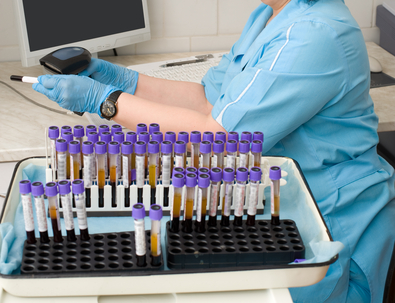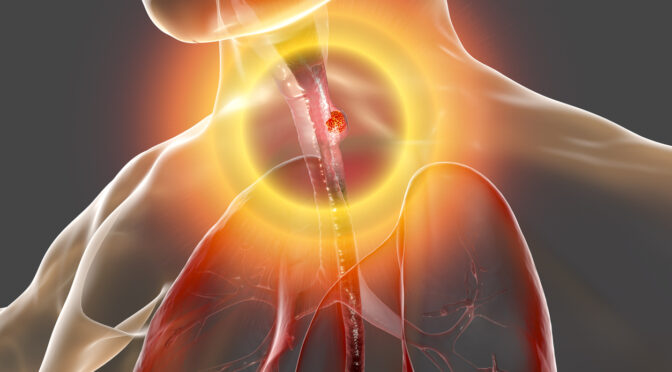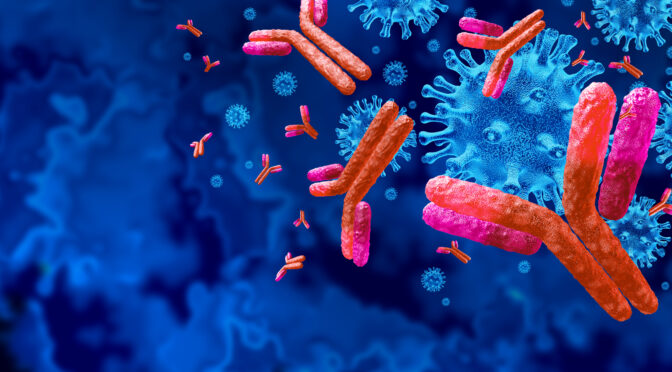The number of colon cancer cases in the U.S. has been on the rise, especially among younger adults. Since effective cancer treatment for this disease can be hard to achieve, scientists are looking for better ways to prevent colon cancer. Vegetables might prove to be one way to reduce the risk of this disease.
Vegetable Chemicals and Gut Health
Researchers conducting a study on mice found that chemicals in certain vegetables, such as broccoli and cabbage, might play a key role in preventing colon cancer. These chemicals were found that help reduce the risk of gut inflammation and the development of colon cancer in mice.
The mice in this study were genetically modified and unable to naturally produce a certain protein that guards against gut inflammation. Scientists fed these mice vegetables containing chemicals needed to produce this protein and found that they did not develop colon cancer. The mice that were not fed these vegetables did not have this same protection and readily developed gut inflammation and colon cancer.
Colon Cancer Prevention in Humans
While the results of this study offer some hope, it’s important to keep in mind that they worked on mice. Further studies are needed to determine if the same results are found in humans. However, eating vegetables in general is considered a good way to boost your health and well-being.
Some studies have found that vegetables appear to offer protection against cancer in humans. Eating a healthy diet that includes these vegetables while also avoiding unhealthy foods may help reduce the risk of colon cancer and other cancers.
If you’re exploring cancer treatment options for colon cancer or other forms of cancer, please contact Issels® today. We can provide details on our immunotherapy modalities that are used to treat different kinds of cancer.






